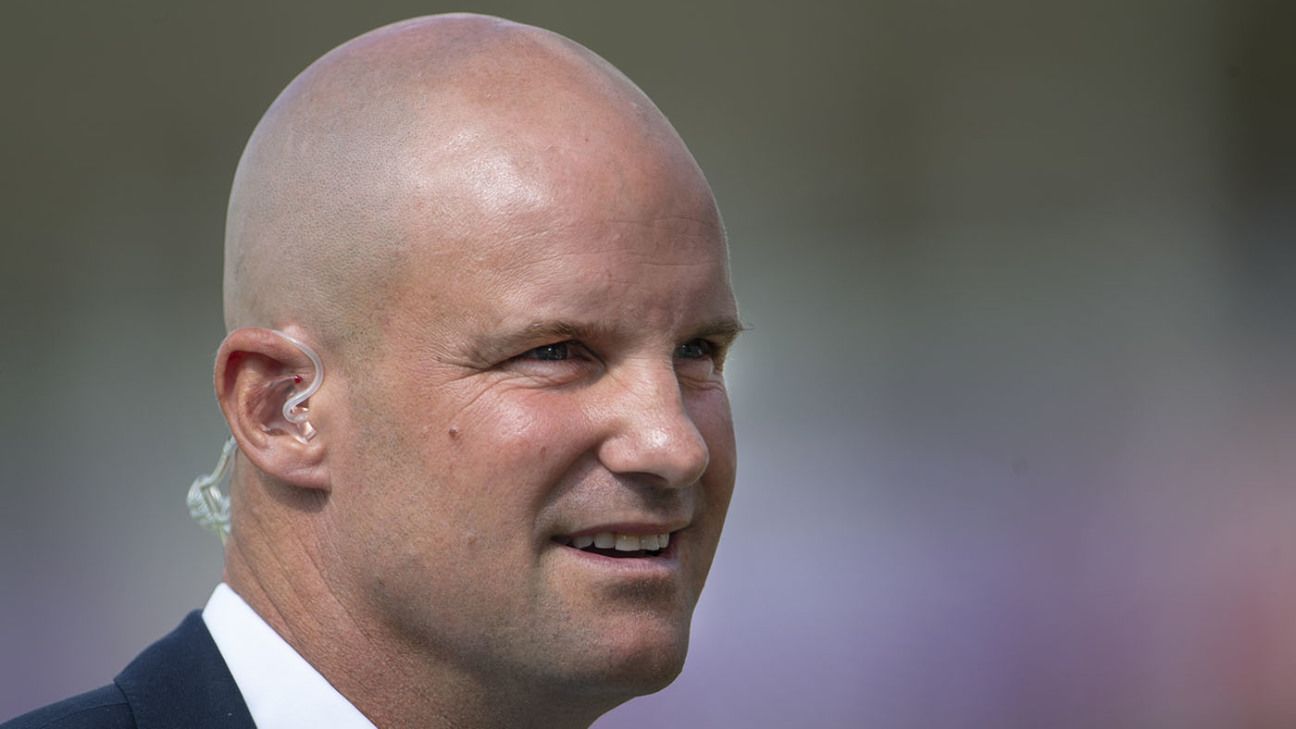
Strauss, England's former Ashes-winning captain who oversaw the ECB's High Performance Review last year, warned his audience at the annual MCC Cowdrey Lecture that the ongoing shift in the game's focus could leave "some old institutions creaking at the seams", but believes the sport will emerge stronger in the long run.
"In the past, it could be argued that certain interests, whether they lie in this room, or in the corridors of the ECB and other national governing bodies, or on the boundary edges of the county grounds, took precedence over others," he said during his address at Lord's. "This is no longer the case. No one, not even the BCCI, controls the game anymore.
"There are too many people involved, too many variables, too much disruption and chaos for anyone to be pulling all the strings. In a sense, the game has democratised. While this is confronting and perhaps difficult to hear for some, I feel like we should be rejoicing in this fact.
"The game now has both more freedom and more levers available to allow it to fulfil its purpose than ever before. There is genuine choice for players, spectators and followers alike. The future direction of the sport will be decided not in the meeting halls of the ICC in Dubai but rather by the purchasing power of the increasing number of those who choose to follow the game."
Elsewhere in his lecture, Strauss warned that the culture of "macho banter" within the men's game, that can "verge on bullying", needs to come to an end, and said that the recent revelations about institutional racism within the sport, centred around Yorkshire but prevalent elsewhere, were proof of a game that has not evolved to meet its modern obligations.
"The spirit of cricket needs to accompany modern players, and I am speaking primarily about the men's game now, into an area that neither the prying eyes of the media or the feverish adulation of the fans penetrates -- the dressing room," Strauss said.
"As we move forward together as a game with players of different genders, races, creed and beliefs coming together, so the traditional macho, hierarchical, perhaps at times verging on 'bullying' dressing-room banter will need to be softened to a culture that is more tolerant, understanding, welcoming and embracing of difference."
"The events over the last 18 months, whether they come from Yorkshire or elsewhere, have shown we have a lot of work to do in this area, but the Spirit of Cricket demands this. From a players' point of view there will clearly need to be an awareness that the world is watching every move that they make in a way that was never the case previously, both on and off the pitch. With more opportunities and rewards comes more scrutiny and intrusion.
"While in the past players might have been able to swallow the odd invisible pill, these days they are likely to be in short supply. In addition, the best players, wherever they hail from, will have to weigh up their own personal aims and ambitions alongside their loyalty to their own countries and formative teams. This may lead to some hard soul-searching, but in the name of the spirit of the game, it must be done."
Strauss, the 21st speaker at MCC's Spirit of Cricket lecture, also addressed the growth of the women's game, particularly in light of the forthcoming WPL auction, which promises another dramatic shift in the sport's evolution.
"As for the women's game, the rate of growth will just accelerate" he said. "The first IPL franchises have just been sold for an earth-shattering sum of £465 million pounds. Women's cricket is truly standing on its own two feet and is likely to be in the top three sports for earning potential for any young girl with talent and an ambition to play sport professionally."















 Phone: (800) 737. 6040
Phone: (800) 737. 6040 Fax: (800) 825 5558
Fax: (800) 825 5558 Website:
Website:  Email:
Email: 






